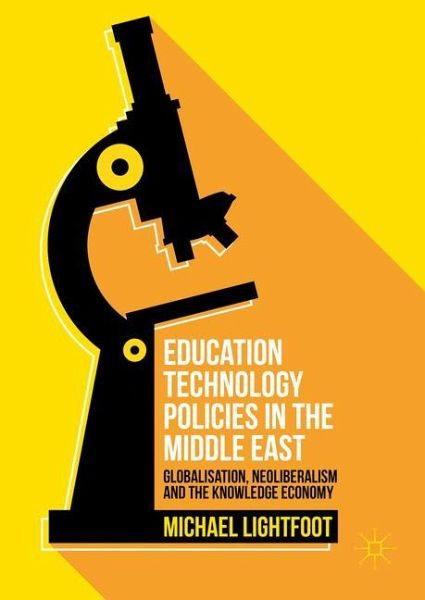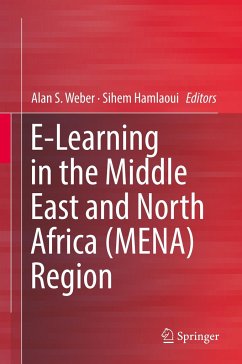
Education Technology Policies in the Middle East
Globalisation, Neoliberalism and the Knowledge Economy
Versandkostenfrei!
Versandfertig in 6-10 Tagen
38,99 €
inkl. MwSt.
Weitere Ausgaben:

PAYBACK Punkte
19 °P sammeln!
This book explores the potential educational technologies have for transforming education in the Middle East. Although technology has increasingly become a part of classrooms around the globe over recent decades, its application in classrooms in the MENA region remains underused and this book draws on a case study from the Arabian Gulf to examine the beneficial impact technologies have on teaching and learning. The book identifies the many social and cultural pressures that prevent government technology policies to be implemented in the way that the international community would find recognisa...
This book explores the potential educational technologies have for transforming education in the Middle East. Although technology has increasingly become a part of classrooms around the globe over recent decades, its application in classrooms in the MENA region remains underused and this book draws on a case study from the Arabian Gulf to examine the beneficial impact technologies have on teaching and learning. The book identifies the many social and cultural pressures that prevent government technology policies to be implemented in the way that the international community would find recognisable and acceptable and how education policy from the Global North is transplanted into a separate context without considering the different requirements. The study seeks to address the ways in which educational technology policy in government schools plays a part in the enactment of education reforms and how government policy aspirations are played out in practice.
iv>
iv>












